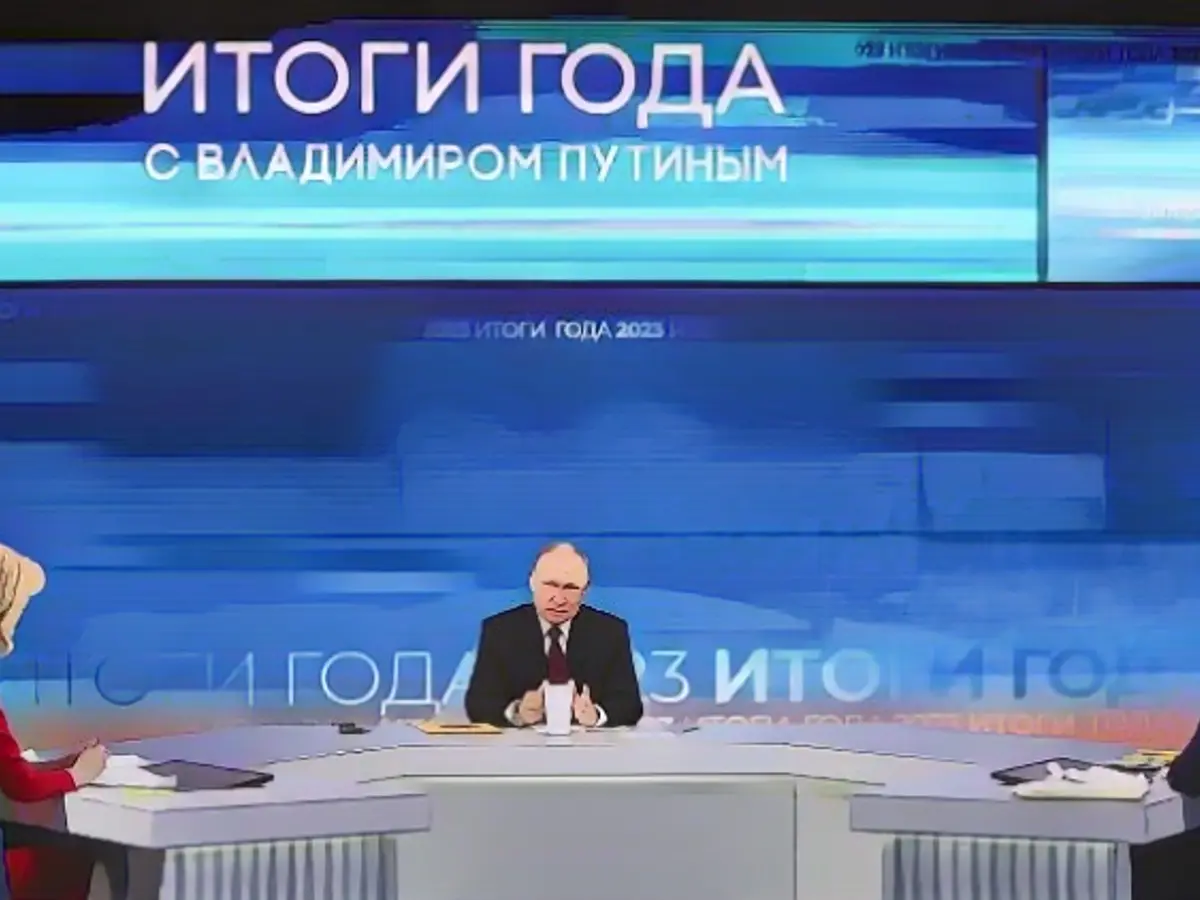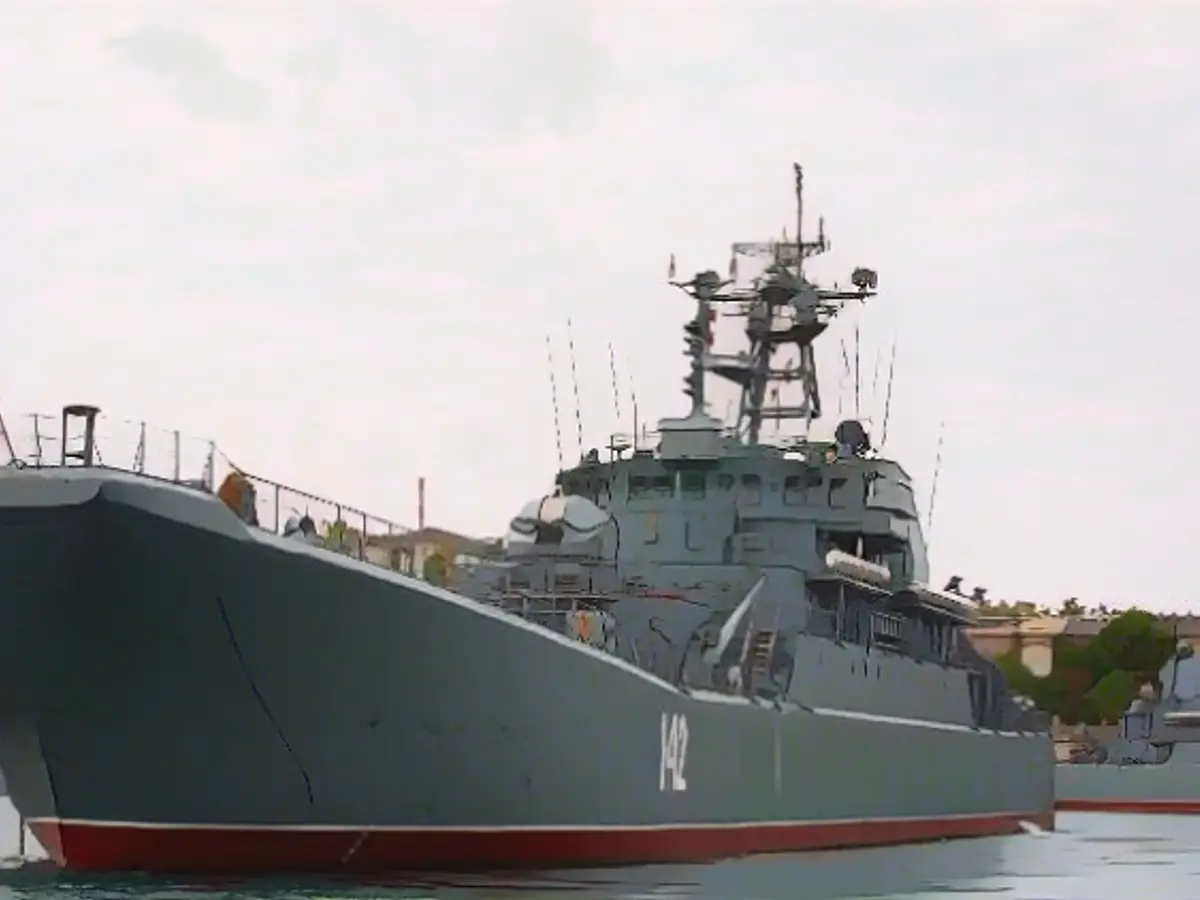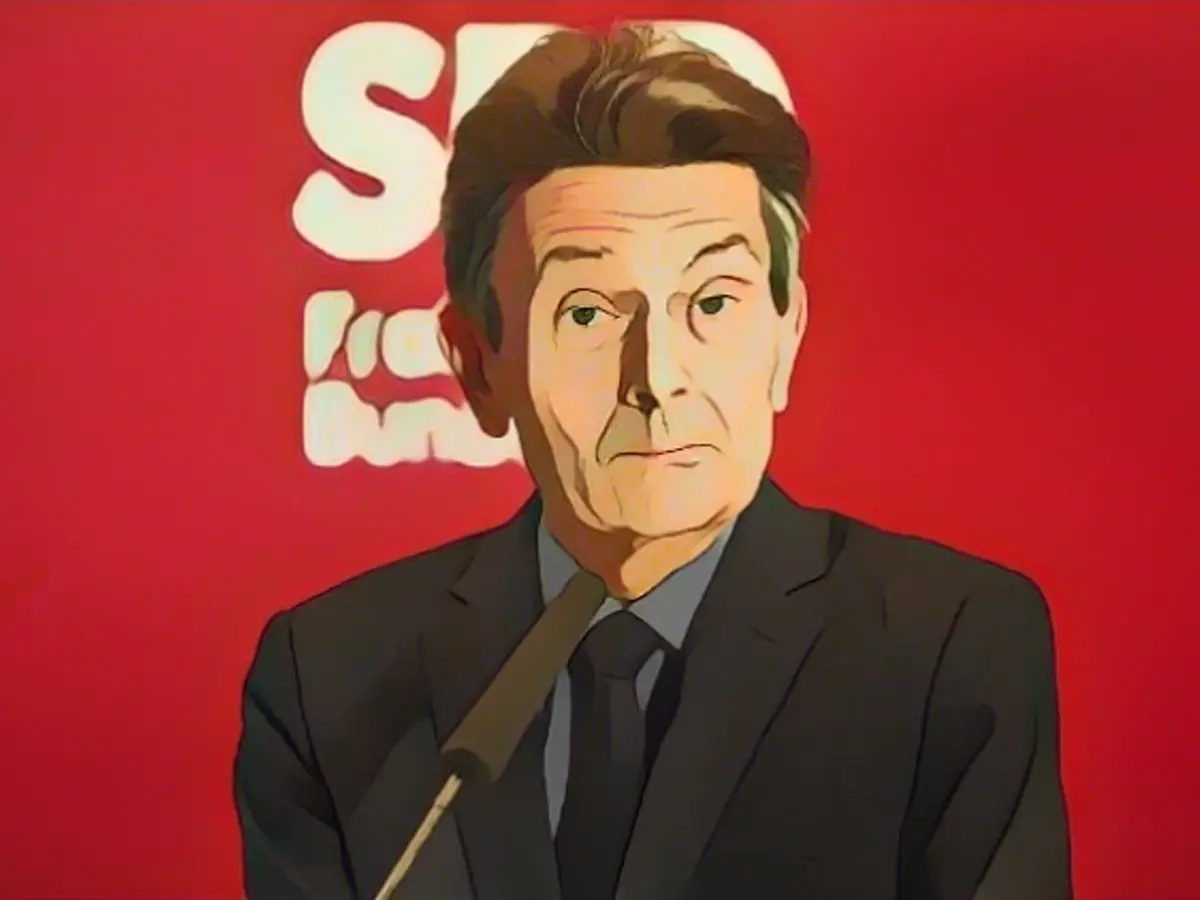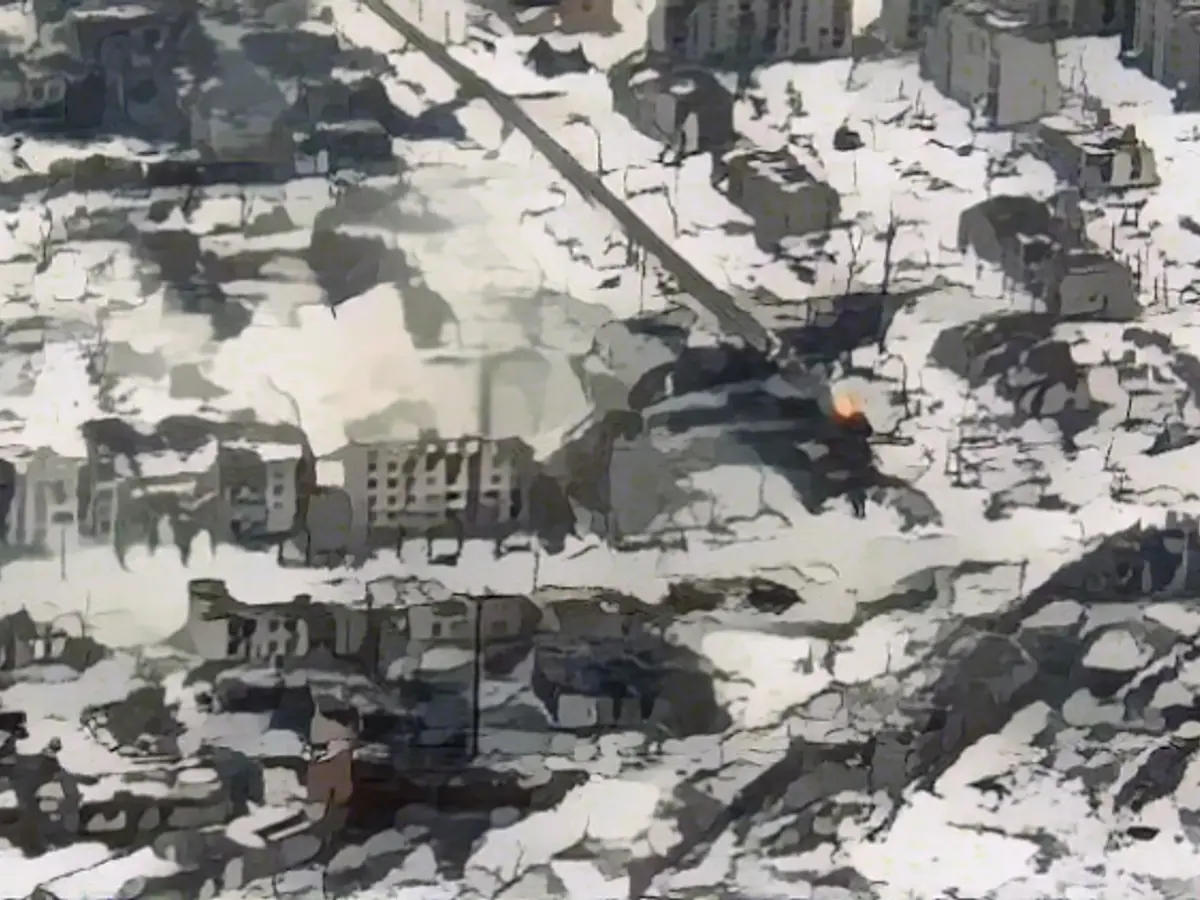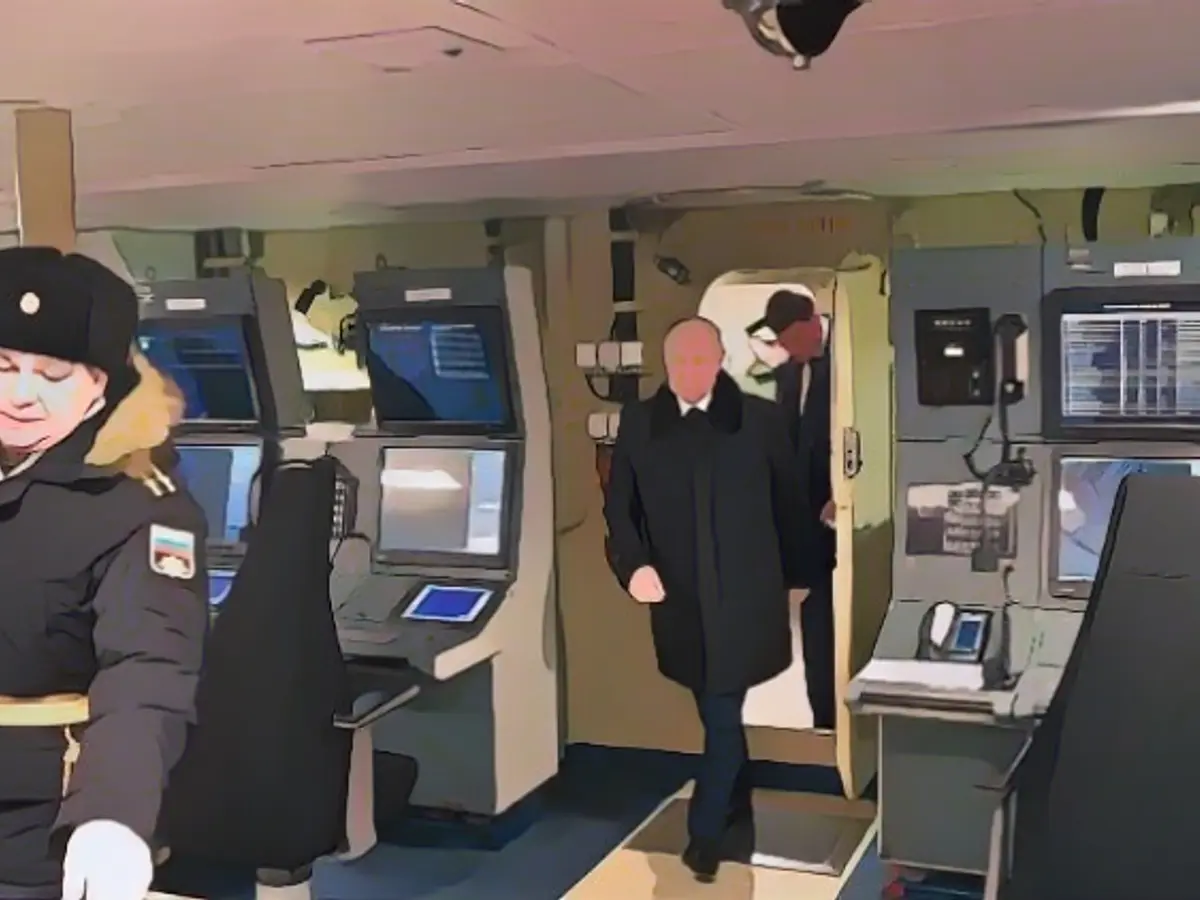The Ukrainian Air Force is grappling with challenges due to the intensifying weather conditions, as highlighted by Yuri Ihnat, the spokesperson for the Ukrainian Air Force, in an interview on Ukrainian television. While anti-aircraft missile systems aren't affected by poor weather, mobile fire teams are expected to face difficulties. Foggy conditions and longer nights, when attacks generally occur, make their operations more complex. Visibility problems and the need for a clear reference to the target add to their difficulties.
Meanwhile, during his question-and-answer session on Russian television, President Vladimir Putin reaffirmed Russia's resolve to continue the war against Ukraine. Putin also spoke about strengthening Russian society by imposing fines or penalties on individuals expressing dissent, as seen in the video below.
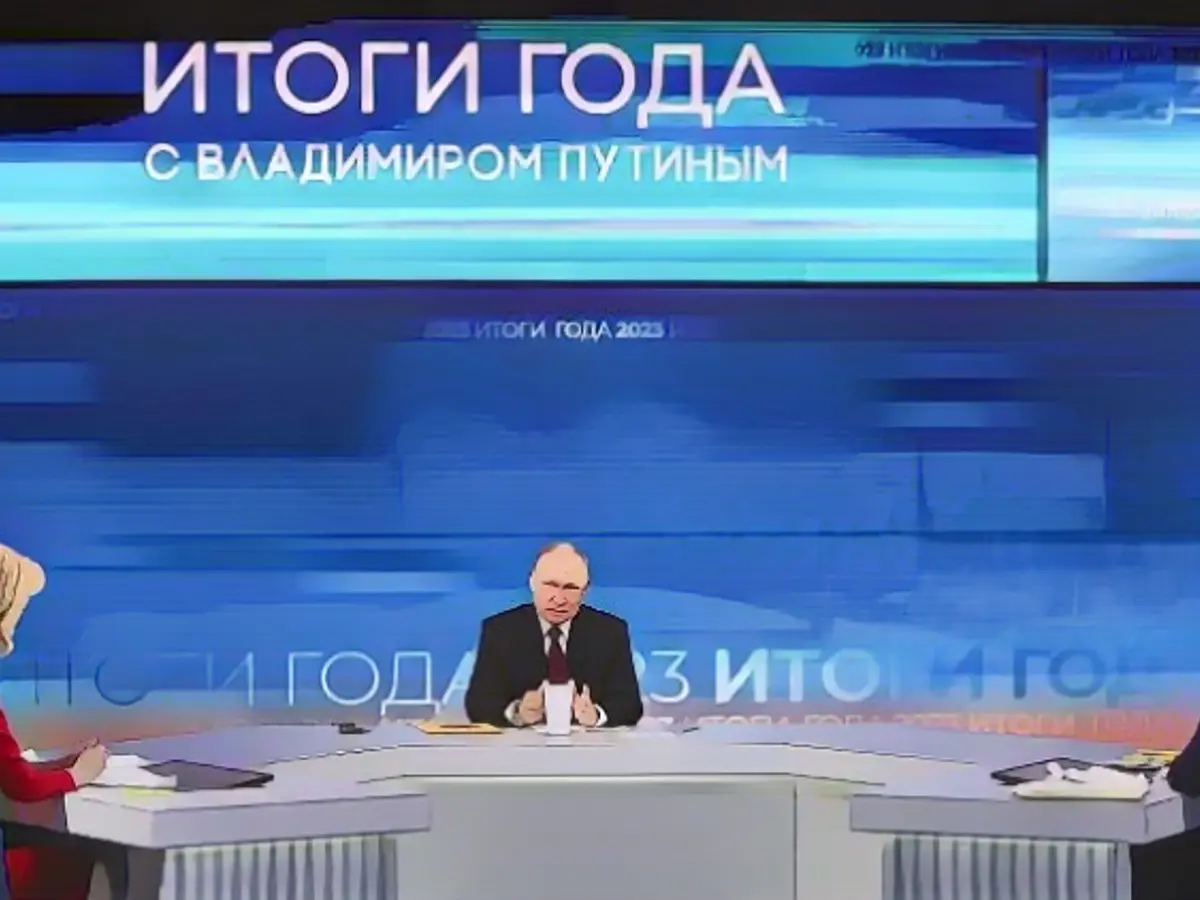
In other developments, Russian drone attacks on Ukraine violated NATO airspace over Romania last night, prompting alarm launches by German Eurofighters. The German crews identified Russian aircraft and tracked them without being ordered to engage. Around 70 Russian Shahed 136 drones were registered in these attacks, with one exploding over Romanian airspace.
Ukraine has reinforced its defense lines to the north following a suspected Russian act of sabotage that left millions of customers of Ukraine's largest mobile phone provider Kyivstar without mobile telephony and internet for more than two days. Despite these challenges, the Ukrainian defense forces claim to have injured or killed 1,300 Russian soldiers in the last 24 hours, downing 10 tanks, 12 artillery systems, 22 armored vehicles, and 33 drones.
The EU heads of government are scheduled to meet in Brussels, but the start of the summit has been delayed due to threats by Hungarian Prime Minister Viktor Orban to block the start of accession negotiations with Ukraine. Topics of importance during the two-day summit include further financial aid for Ukraine and the coalition's readiness to suspend the debt brake and take out additional loans to provide more support in the defense campaign against Russia.
Emphasizing the importance of unwavering EU support and unity, Ukrainian President Volodymyr Zelensky sought proof of this during a telephone conversation with EU Council President Charles Michel. This conversation happened ahead of the EU summit, with Zelensky highlighting Ukraine's efforts and the EU's role in strengthening Ukraine's stability in the face of Russian aggression and supporting Ukraine's advancement towards EU membership.
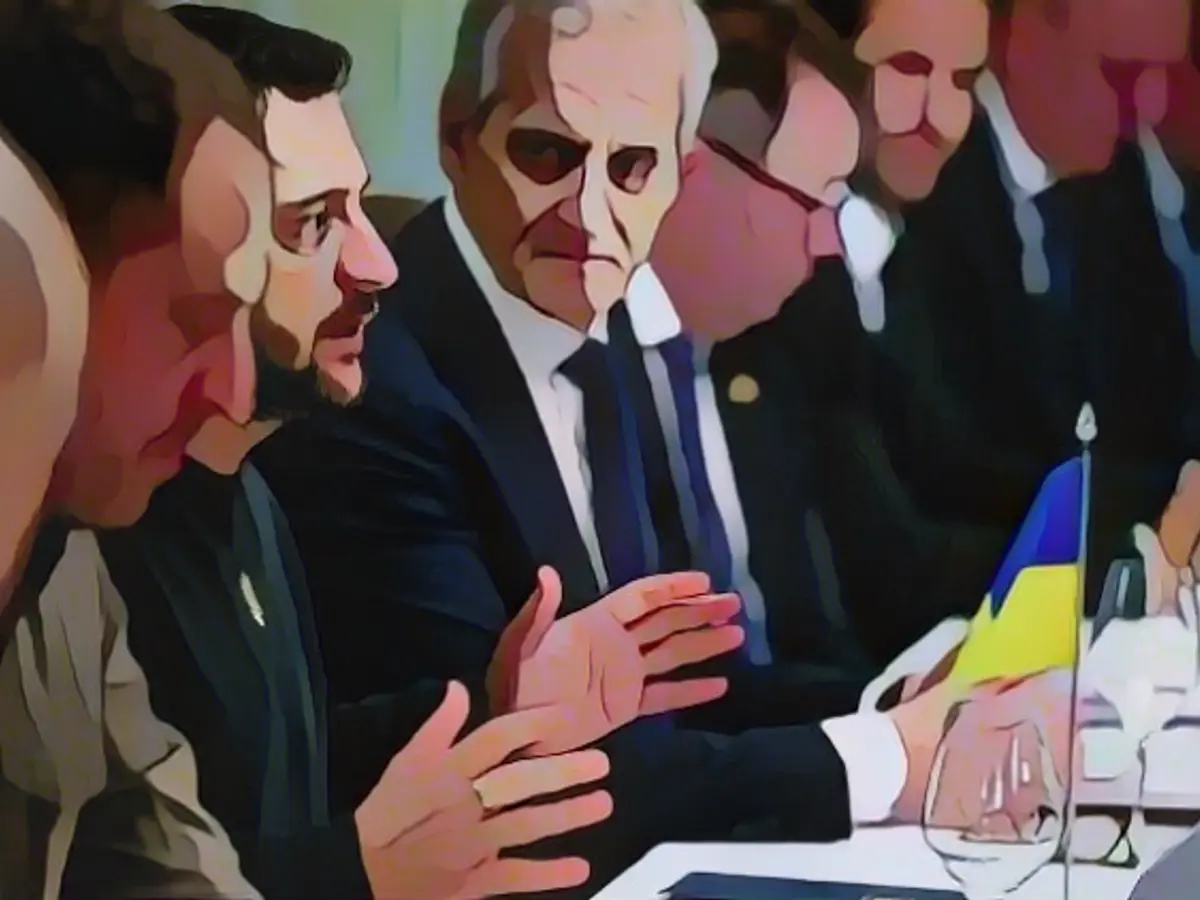
Sources: 1.
Enrichment Data: The extreme weather conditions are negatively impacting Ukraine's military operations and are being leveraged by Russia to their advantage. The harsh weather conditions, including heavy fog and freezing temperatures, are making it challenging for Ukrainian forces to operate effectively. Russia is exploiting these conditions by launching surprise attacks, taking positions undetected, and targeting critical Ukrainian infrastructure with drones.
- Logistics and Supply Chain Disruptions:
- Heavy fog has made it difficult for Ukrainian forces to conduct surveillance, effectively monitoring and responding to Russian attacks. This lack of visibility lends advantages to Russian forces, as they can amass troops and launch massive attacks with limited possibilities for detection.
- Russian Drone Targeting:
- The extreme weather conditions, including fog and snow, provide advantages for Russian drones to conduct surveillance and carry out attacks without detection, targeting critical infrastructure such as logistics routes. This disruption of logistics and supply routes hampers Ukrainian military operations, affecting both movement and the provision of supplies to the frontlines.
- Russian Ground Advancement:
- The weather is also aiding the Russian advance on the ground, as the fog limits Ukrainian aircraft's ability to monitor their movements. This gives Russian forces an advantage in deploying troops and launching offensive operations.
In summary, the extreme weather conditions are impeding Ukraine's military operations, making it difficult for Ukrainian forces to conduct effective surveillance and reserving advantages for Russia to target critical infrastructure and advance their ground operations.
